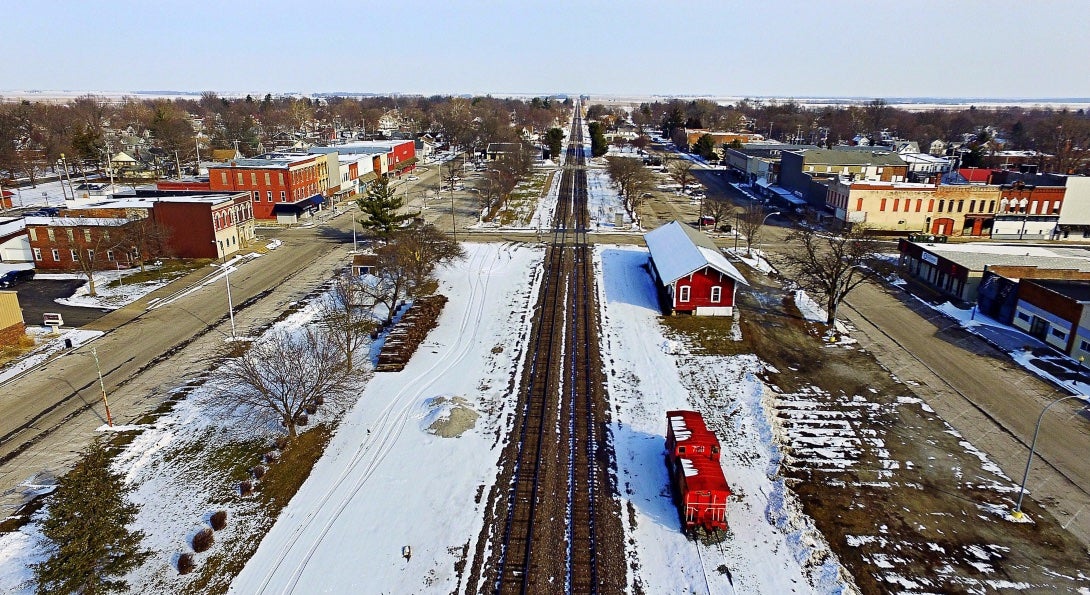COVID-19 widens disparities in rural Illinois

Report links
Story text
A new report released by the University of Illinois Chicago School of Public Health, Southern Illinois University (SIU) Medicine Department of Population Science and Policy, SIU Paul Simon Public Policy Institute and the SIU Medicine Center for Rural Health and Social Service Development found that the pandemic has negatively impacted preexisting health disparities in rural Illinois. Rural communities often share similar disparities to the poorest metropolitan communities.
The report recommends overarching action to achieve health equity: improving digital literacy and expanding telehealth, expanding mental health services, creating state taskforces to study and act on rural health improvement, constructing regional offices of health to coordinate services, collaboration of social services and health systems, investing in rural leadership and retention, transformative placemaking and committing to equity.
According to rural experts and stakeholders, rural residents experience the “5 D’s.” Rural communities start at a disadvantage due to experiencing food, healthcare, social service and data deserts, as well as organizational and technological disconnection. Rural regions experience similar disparities to low-income urban areas but experience even fewer development opportunities than urban counterparts.
“It is undeniable that the pandemic has worsened many of the environmental and social factors that impact rural health,” said Dr. Sameer Vohra, Chair, SIU Medicine Department of Population Science and Policy. “This report is an important introduction to a series of recommendations to come throughout the year.”
The report draws on qualitative discussions from rural health stakeholders, community leaders, legislators, physicians and experts from 55 different organizations throughout Illinois. Participants discussed solutions for nine topics impacting rural health: children’s growth and development, an aging population, the health workforce, housing, the economy, public health systems, nutrition and fitness, mental health and opioids.
“SIU School of Medicine continues to lead in diverse efforts to improve the health and health care of central and southern Illinois,” said Dr. Jerry Kruse, Dean and Provost, SIU School of Medicine. “This work of the Illinois Rural Health Summit partners outlines key recommendations to improve the health of rural and underserved communities across our State.”
“It has been a privilege to partner in this statewide initiative as a representative of the University of Illinois Chicago School of Public Health,” said Devangna Kapadia, assistant director of the Policy, Practice and Prevention Research Center at the UIC School of Public Health. “We know that the health of our communities crosses borders. Whether focusing on urban, suburban or rural, efforts to address health equity can only be impactful if it truly touches everyone.”
The Rural Health Summit organizers will continue to explore how COVID-19 has impacted rural communities throughout the year through monthly policy briefs and webinars. Register for the webinars.
“We invite policymakers, corporate and community leaders from across the state to come together to work for a healthier Illinois,” said Dr. Linda Renee Baker, University Professor, Paul Simon Public Policy Institute. “Success will involve creation of public-private partnerships, measures to effectively show progress and innovation to bring lasting health improvement.”